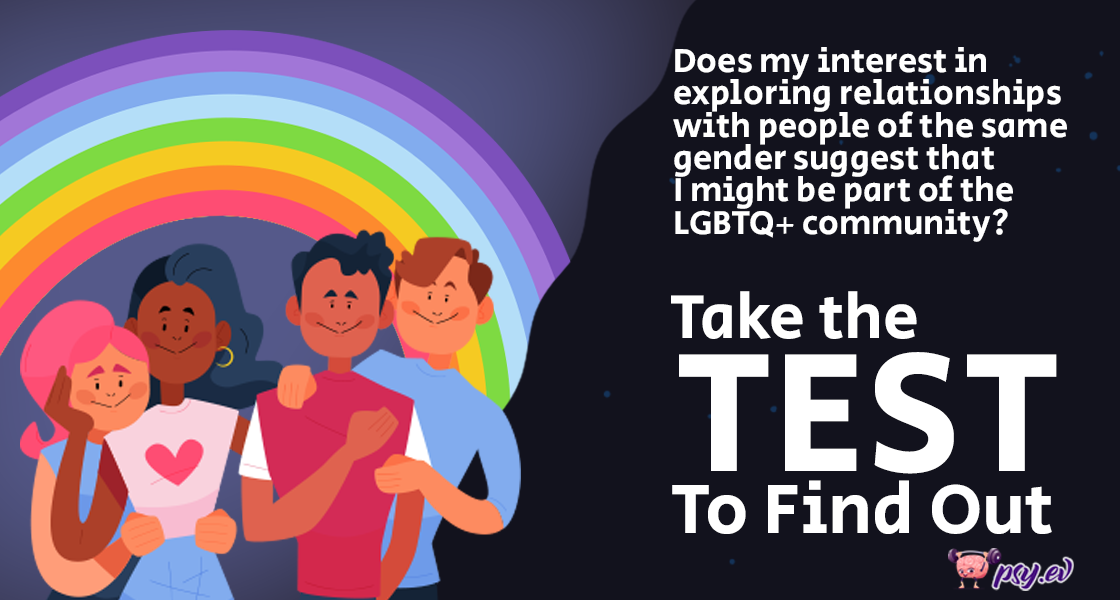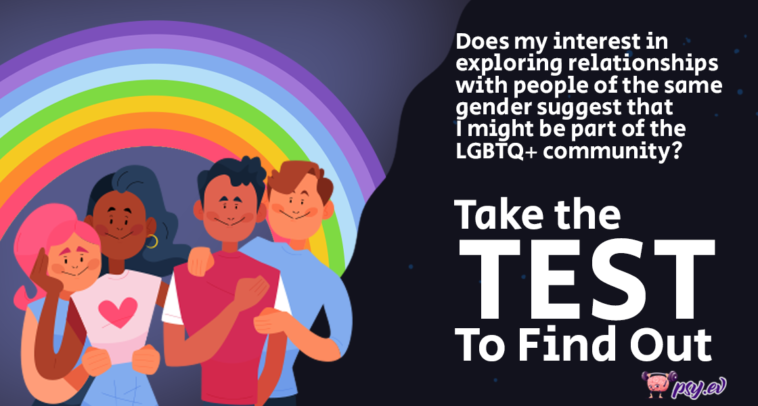While many members of the LGBTQ learn about their sexual preferences and gender identities at a very early age, many continue to struggle well into adulthood. It’s not uncommon for adult individuals with heterosexual relations to learn that they are attracted to the same sex. Similarly, many trans individuals come to terms with their gender identity later in life. So it’s never too late to learn about yourself and get some clarity.
Understanding LGBTQ Identities
The term LGBTQ has expanded to include other identities, such as intersex and asexual. The common term used today is LGBTQ+, indicating that the community is open and accepting of identities other than lesbian, gay, bisexual, and transgender.
While LGBTQ terms mostly define sexual orientation, some define sexual or gender identities. However, the LGBTQ community largely includes people who identify as homosexuals.
As sexual orientation is something personal and unique to individuals, feelings and experiences can vary from person to person. It’s not always as black and white as people make it out to be. Many openly homosexual individuals identifying as part of the LGBTQ community sometimes question themselves. Struggling to understand your sexual orientation and gender identity is not as uncommon as you’d think.
Unfortunately, for ages, societies worldwide have viewed homosexuality and bisexuality as taboo. As such orientations and behaviors deviate from the heteronormative expectations, they are seen as ‘abnormal.’ As a result, LGBTQ community members have faced persecution and injustice for too long.
Even though many countries have taken steps to protect the rights of LGBTQ+ individuals, much work remains to be done. It’s still dangerous for individuals who identify as part of the LGBTQ+ community in many parts of the world.
However, understanding yourself and determining your sexual orientation and identity is the first step to knowing where you lie on the LGBTQ+ spectrum.
What Do the Test Results Mean?
This test is designed based on empirical evidence of traits and tendencies consistent with LGBTQ identities. If you identify as lesbian, gay, bisexual, or transgender, taking this test would help you confirm how likely you are to be a part of the community. On the other hand, if you’re unsure about your sexual orientation, this LGBTQ quiz can give you a hint. You can take more specific tests, such as lesbian test or gay test, to learn more.
While the LGBTQ test quiz is based on questions that help identify sexual preferences, it does not specify whether you’re lesbian, gay, bisexual, or transgender. The test is helpful but not a definitive decision on your sexual orientation.
If you find yourself constantly questioning your sexual orientation, you may want to speak to a counselor who specializes in LGBTQ counseling. As a professional, they can better understand your experiences and help you navigate the journey of learning about your sexual identity.
Similarly, if you’re part of the LGBTQ community and struggle with discrimination and stigma, speaking to a therapist can help address the stress and anxiety of simply being who you are in a society that doesn’t accept you.


